- Faculty Development Week, August 17-21, 2020
- Faculty Institute Day, August 20, 2020
- New Faculty Orientation, August 21, 2020
Events & Newsletters
|
Provost's Research Colloquium & Faculty/Staff Recognition |
|
April 28, 2022 Gwendolyn Brooks Library, 4th Floor Atrium |
| Session Name | Time |
| Poster Session | 3:00 to 4:00pm |
| Presentation | 4:00 to 4:30pm |
| Recognition Ceremony | 4:30 to 5:00pm |
Poster Session Presenters
Dr. Byung-In Seo, Advanced Studies
The Good, the Not-So-Bad, and the Quasi-Ugly of Virtual Teaching
In February 2020, I gave a presentation on how the way students were taught in the 19th century has reappeared in the 21st century. Little could anyone have predicted that I, and all teachers, would need to learn and rely on 21st century technologies in our routine instruction. This presentation was about my experiences teaching virtually. From taking numerous workshops to learning to use Moodle, this middle-aged dog learned new tricks while incorporating tried and true instructional methods. I analyzed the qualitative data of my student evaluations from spring 2020 to fall 2021, and coded them for common themes. Three themes emerged: Using established teaching methods, being genuine to myself and my students, and learning to use 21st century technologies.
Dr. Inna Dolzhenko, Education Studies
Impacts of COVID-19 Public Health Crisis on Early Childhood Teachers &; Perceptions of Interactions with Young Children: A Case Study
As COVID-19 world health crisis is continuing to progress, an increased need for new and effective classroom interaction strategies is necessary and warranted. Drawing from the latest research in the field, the researcher conducted a case study examining early childhood teachers’ perceptions of interactions with young children in various early childhood programs. The purpose of this study was to determine impacts of COVID-19 world health crisis on interactions between early childhood teachers and young children. Early childhood teacher interviews were conducted to determine the current state of early childhood teachers’ daily interactions a) during gross motor activities, b) while teaching and learning, c) individual and small group interactions, d) peer interactions, and e) interactions related to classroom management. A grounded theory approach and the MAXQDA software were used to analyze the data. Practical recommendations will be presented for educational stakeholders to include researchers, administrators, early childhood teachers, and parents. This study will have profound implications for early childhood teacher preparation programs.
Dr. Jacquelyn Benchik-Osborne, Education Studies
The Oral Histories of Social Foundations of Education Scholars
The work was published in the journal, Educational Studies, Fall 2021. As the lead author, the other team members, Susan McDonough and Brad Porfilio, and I detailed the living history of those scholars as to how teaching and learning within democracy in the US is viewed. The field of SFE is only a hundred years old, and the scholars we profiled are those of the second and third generations who followed the originators of the field such as John Dewey and George Counts. From Nel Noddings and Donald Warren through to the leaders of today such as Kathy Hytten and Zeus Leonardo, we offer a portrait as to how SFE informs teaching and learning in democracy from the mid-20th c. to the early part of the 21st century
Dr. Mohammed Islam, Psychology
Title: Assessing risk factors associated with post-acute sequelae of SARS-CoV-2 in minorities
The 2019 Coronavirus Disease (COVID-19) pandemic caused by the SARS-CoV-2 virus has caused nearly six million deaths worldwide (World Health Organization, 2022). Concerningly, some people do not fully recover from the disease despite the absence of the virus. Post-COVID-19 illness has been referred to as post-acute sequelae of SARS-CoV-2 (PASC). Studies have demonstrated that people with PASC develop new symptoms such as neurocognitive dysfunction and fatigue (Jason et al., 2021). However, some of these studies contain a biased sample with a majority of the sample being white participants. This is problematic as minorities are more at risk for contracting COVID-19 (e.g., The COVID Tracking Project, 2021); and as such, should theoretically be more inclined to develop PASC than white people. The current study aims to assess the prevalence, severity, and risk factors associated with PASC amongst minorities using a community-based approach.
Dr. Gabriel Gomez, Information Studies
Social and Cultural Implications of Online Digital Technology: Some Perspective from Library Information Science
In the interest of working with the local community and businesses, the Computing, Information, and Mathematical Sciences, and Technologies (CIMST) Department is trying to define the nature of education needs in the digital era. As a professor in the Library Information Science program, my current research is focused on defining broad areas of interest for a general population that can then be focused toward preparation for employment. These area include:
- Big Data and Data Mining
- The Use of Proprietary Algorithms in Collecting and Shaping Data
- Artificial Intelligence
- Machine Learning
- Facial Recognition
Dr. Stephanie Zuba-Bates, Occupational Therapy
Title: "The Lived Experience of Functional Neurological Disorder"
The purpose of this research was to explore the lived experience of people living with Functional Neurological Disorder (FND), previously referred to as Functional Movement Disorder (FMD). It aims to educate healthcare professionals and students about Functional Neurological Disorder from the voices of those living with it. It will include an analysis of data from qualitative interviews with 9 people with FND and a discussion of the major themes identified by the research participants, including what they would like health care professionals to know.
Dr. Rae-Anne Montaque, Information Studies
A Spectrum of Fabulous Literature: Celebrating 50 Years of Stonewall Book Awards
In 2021, Rainbow Round Table (RRT) of the American Library Association (ALA) celebrated the fiftieth anniversary of the Stonewall Book Awards. These Awards honor works for their exceptional merit relating to the lesbian, gay, bisexual, transgender, queer/questioning, intersex, asexual/agender, plus (LGBTQIA+) experience. Over the decades, the RRT and the Awards have expanded and evolved to reflect emergent understanding based on the needs, interests, and lived realities of LGBTQIA+ librarians and the diverse community members they serve. This poster highlights some milestones of the Stonewall Awards within the context of ongoing research on intersectional reflections guided by a model of constructive protest information practice.
Dr. William Raynovich
A Musical Instrument Build
In preparation for a composition I composed during my Fall 2022 sabbatical, I needed to build an instrument to produce an intended fundamental tone of 27.5 Hertz, which required an instrument that was 122.75 inches. Sculptor Rebecca Reineke and I built two prototypes in preparation for the creation of this instrument. For the 2022 Provost’s Colloquium at Chicago State University, you will have the opportunity to play one of the prototypes, listen to a sample performance of ‘tre, and view images of the early designs of the instrument and images of the instrument built.
Association of College and University Educators (ACUE) Presenters
Topic: Learned Best Practices in Promoting Active Learning Online
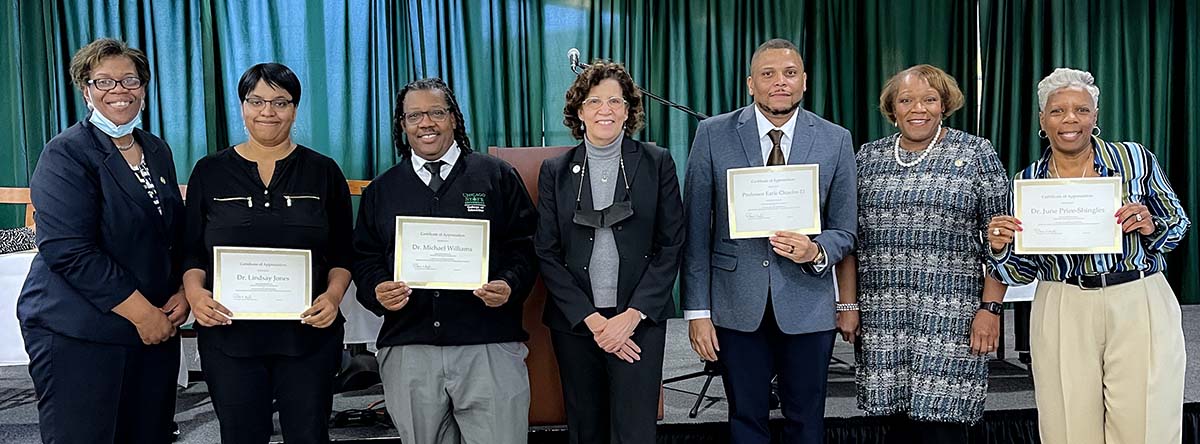
| Department | Presentor |
| Parks and Recreation Administration |
Professor June N. Price-Shingles |
| Education Studies |
Dr. Michael Williams |
| Communications, Media & Theatre |
Professor Earle Chisolm-El |
| Occupational Therapy | 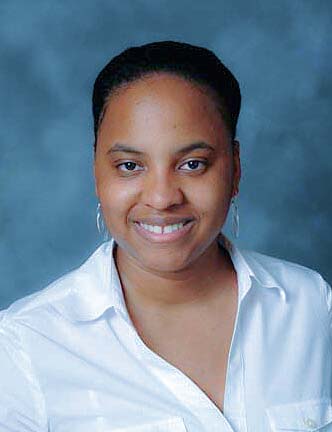 Dr. Lindsay Jones Dr. Lindsay Jones |
| Date | Event
(Click to Join) |
Description |
|
March 19 12:00 to 1:30pm |
How to Identify and Overcome Implicit Bias and Microagressions |
Workshop provides participants with information about implicit bias & microaggressions.
We explore how and why they are potentially damaging to individuals on the receiving
end. Strategies about how to avoid engaging in these behaviors will be explored.
|
|
April 2 12:00 to 1:30pm |
What is Systematic Racisim and Why Does it Matter? | Systemic racism is actually more harmful than individual racism. This workshop provides a comprehensive explanation of systemic racism and examples of how it is embedded in housing and public education and the implications that has for educating CSU students. |
|
April 16 12:00 to 2:00pm |
In today’s racial climate, discussions about the role higher education plays in the
perpetuation of systemic inequality have been renewed. Educators are actively developing
strategies around how to use instruction and the classroom as a space to interrogate
the impact of racism and promote social justice. Workshop participants learn what
it means to be an anti-racist and how to embed an anti-racist approach in their instruction.
|
 Dr. Tiffany Davis
Chairperson, Dept of Geography, Sociology, History,Anthropology and Af-Am Studies |
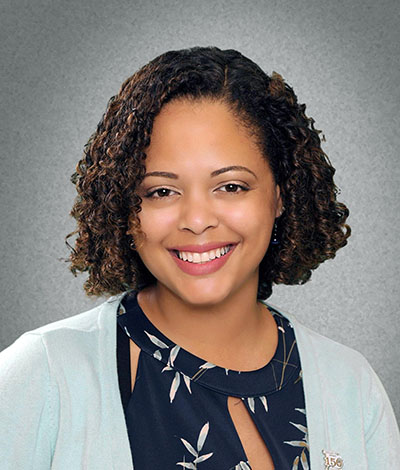 Rayne Bozeman Rayne Bozeman
Assistant ProfessorBSPA Faculty AdvisorDepartment of Psychology |
Newsletters
Events
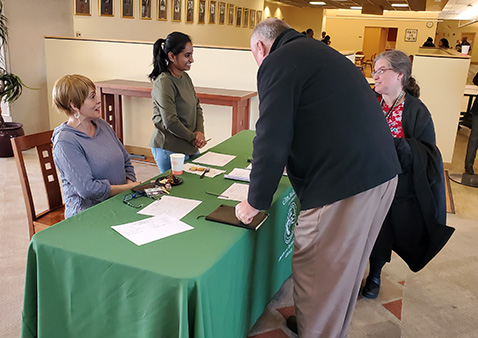
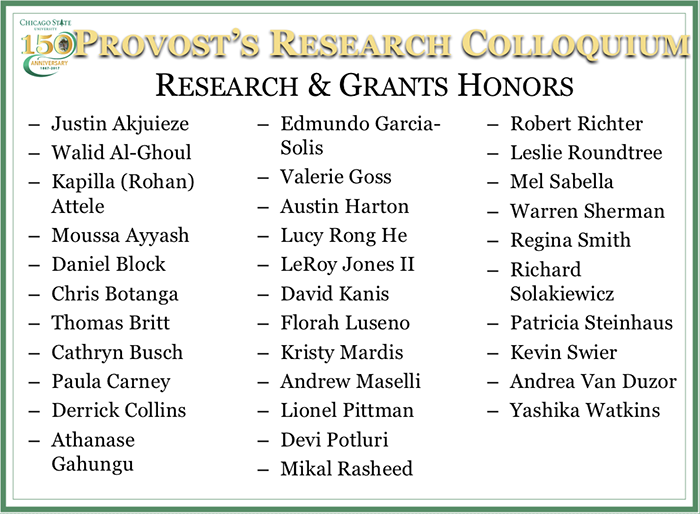
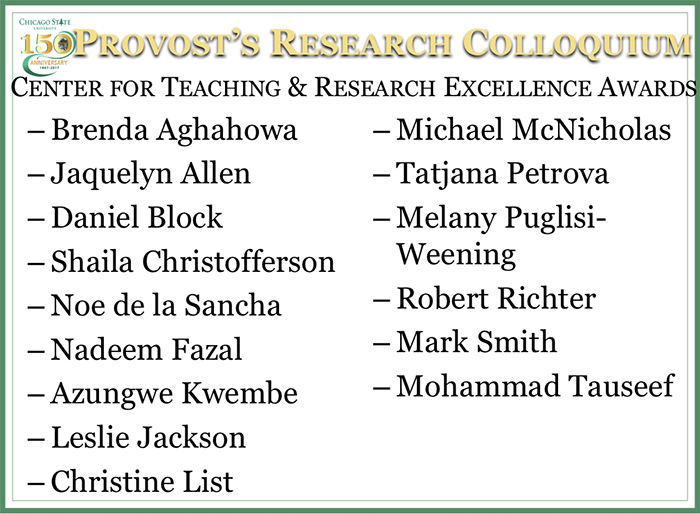
Friday, April 27, 2018 | 4:00pm to 6:00pmGwendolyn Brooks Library - 4th Floor Atrium
Faculty Excellence Awards
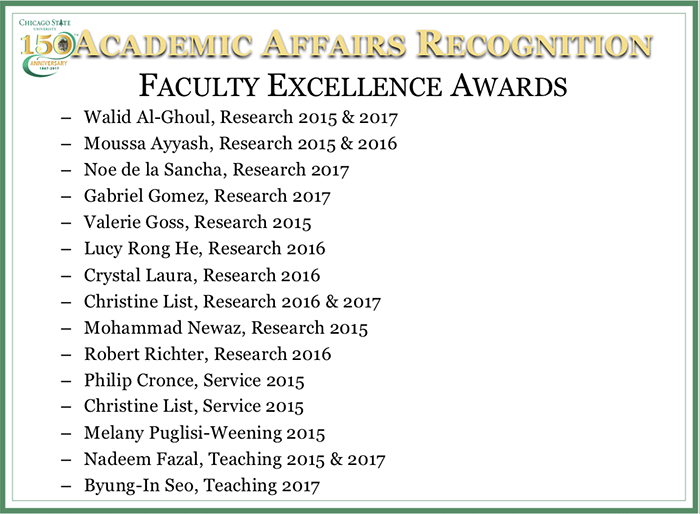
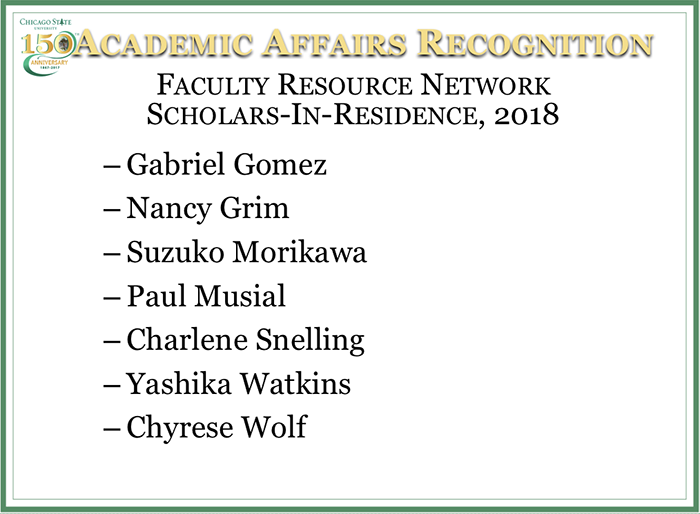
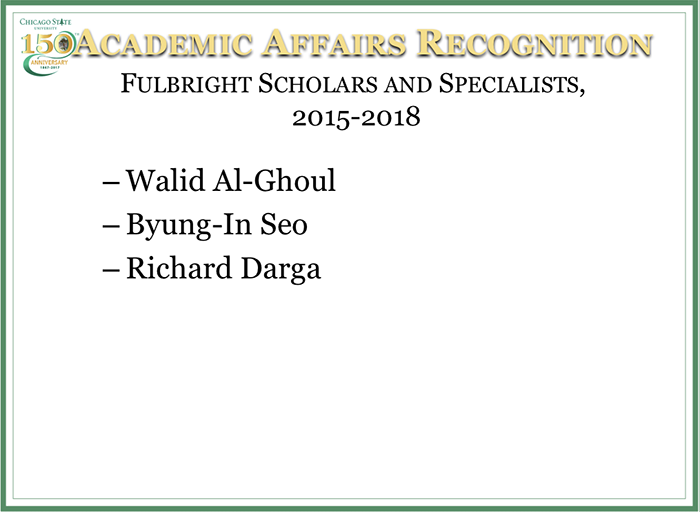
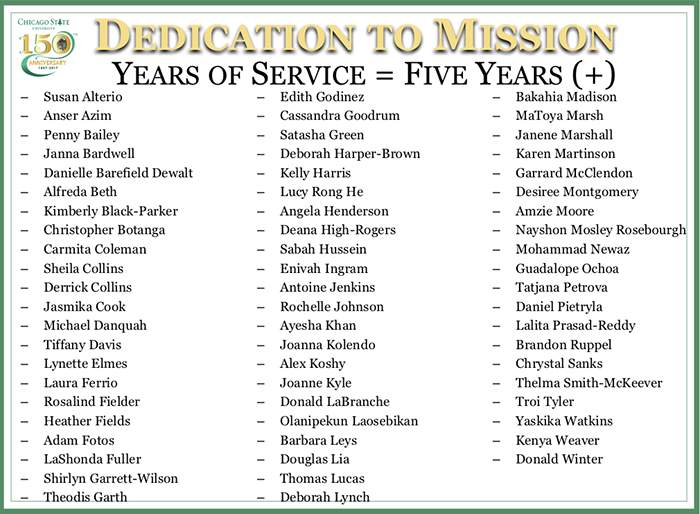
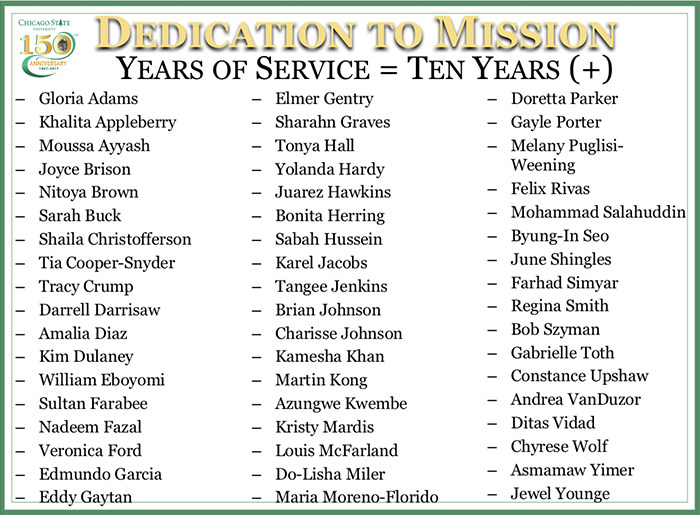
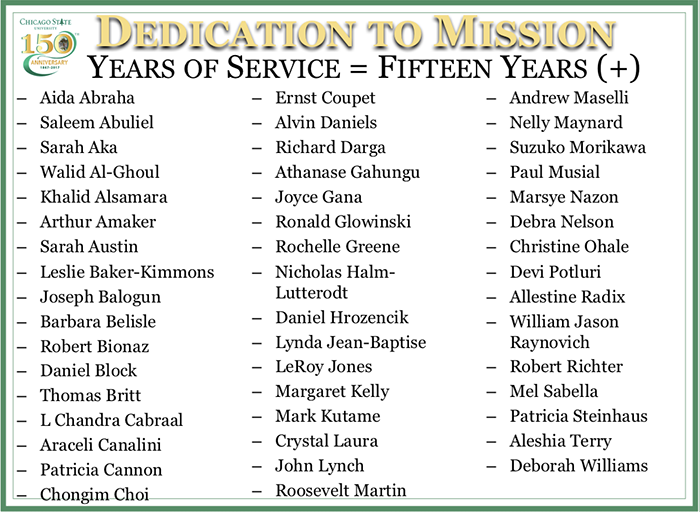
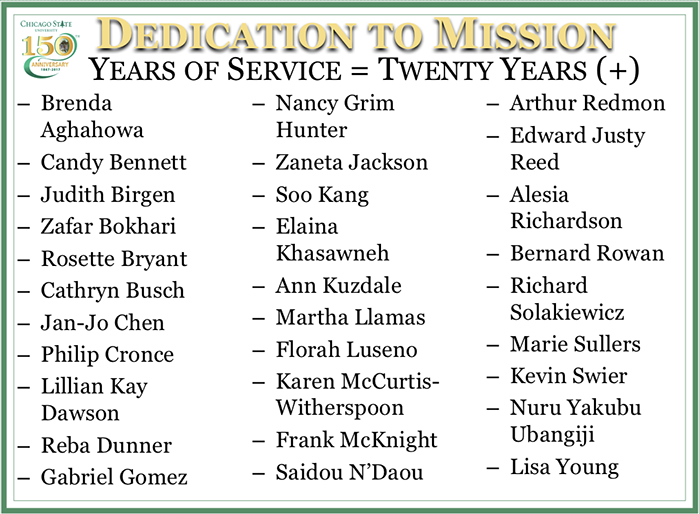
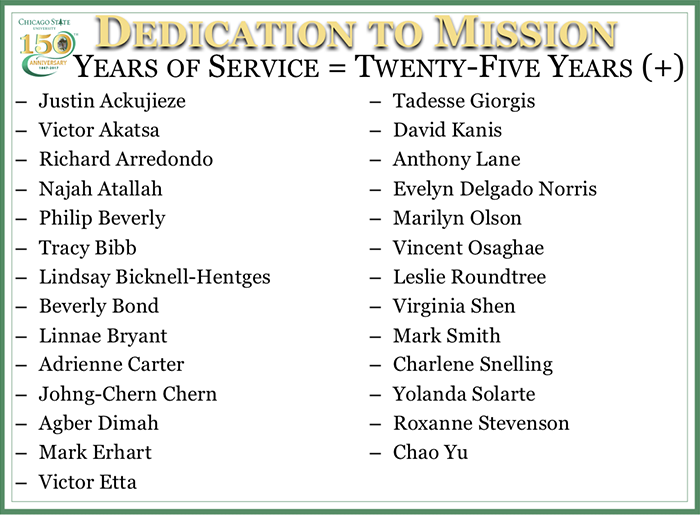
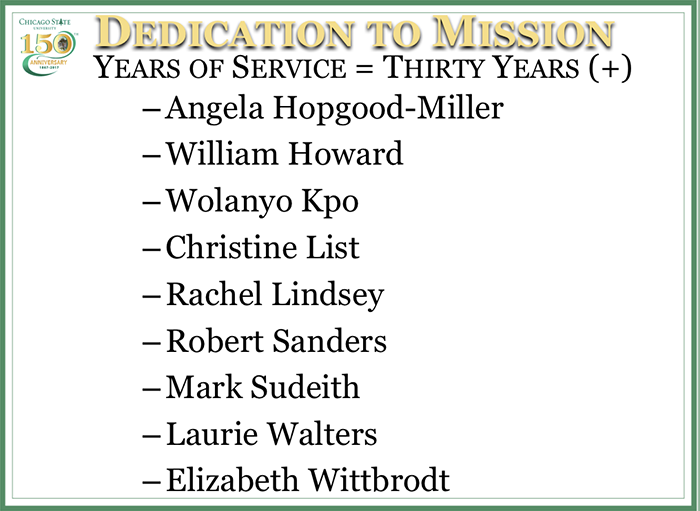
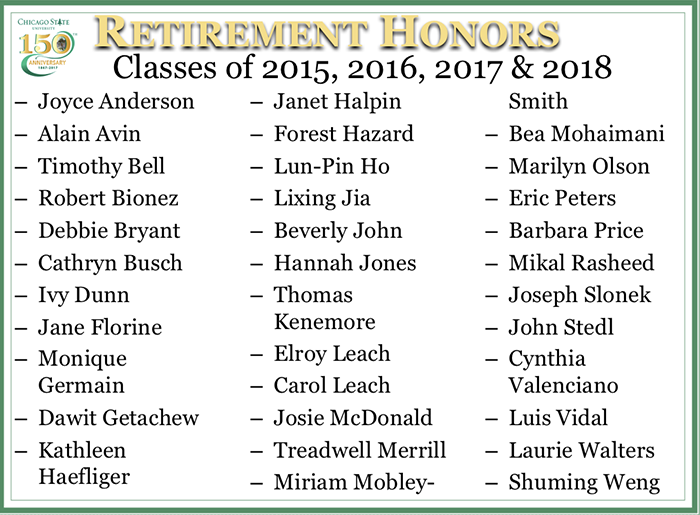
For more photographs from these two special events, go to CSU CTRE Facebook.
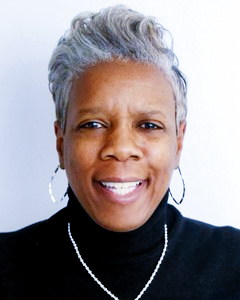
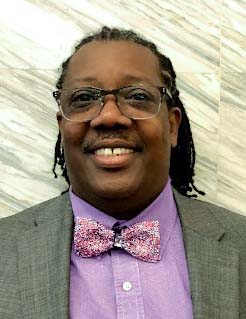


 All Rights Reserved
All Rights Reserved